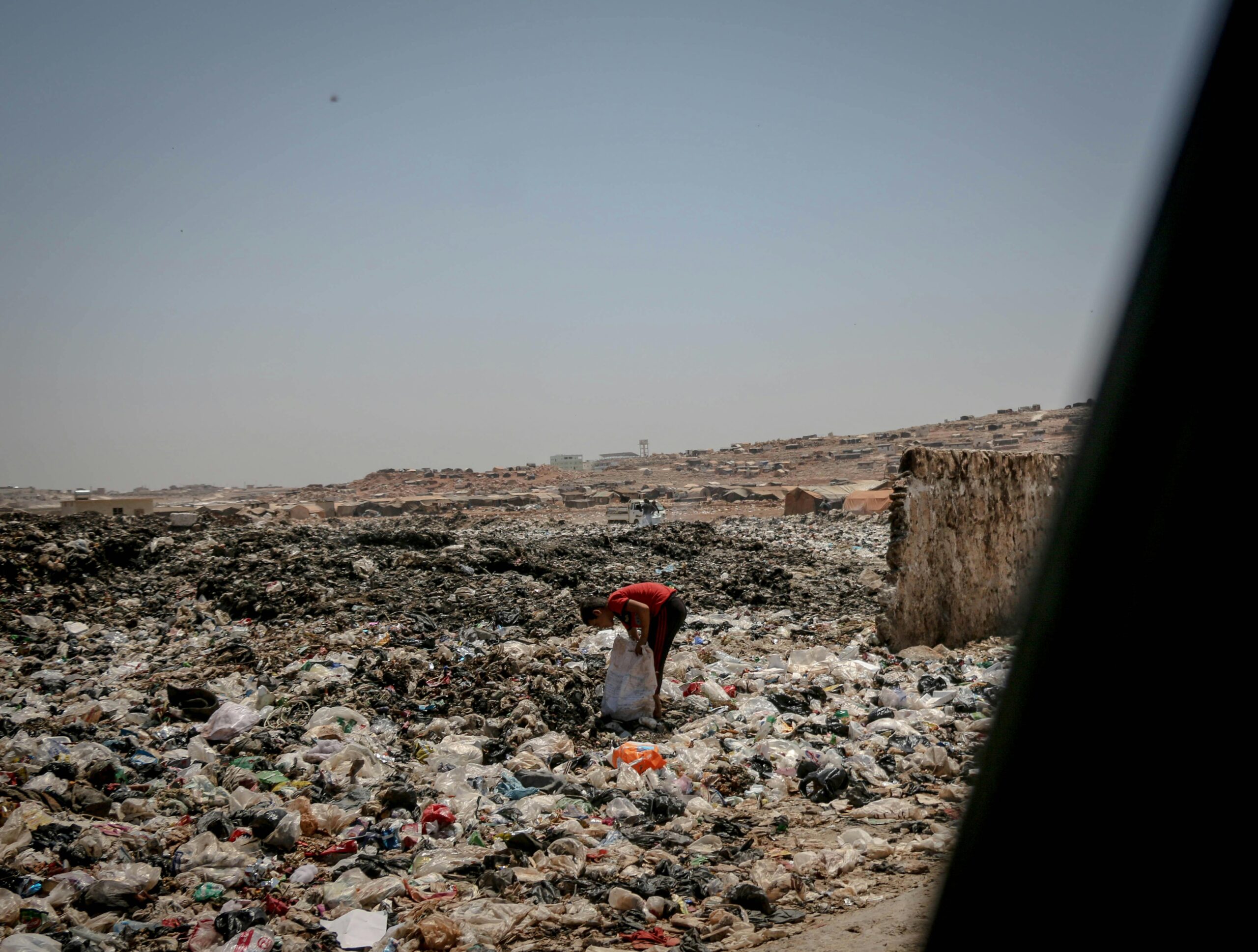Waste management is a critical environmental and public health issue in Nigeria, particularly in rural areas where improper waste disposal contributes to pollution, health hazards, and environmental degradation. Promoting recycling and proper waste disposal can help mitigate these challenges, ensuring a cleaner and healthier environment for future generations.
Educating communities on waste management can provide the following benefits:
- Improving Public Health: Proper waste disposal reduces the spread of diseases caused by contaminated water and air pollution.
- Protecting the Environment: Recycling minimizes land and water pollution, conserves natural resources, and reduces greenhouse gas emissions.
- Creating Economic Opportunities: Recycling initiatives can generate income through waste collection, processing, and resale of recyclable materials.
- Enhancing Community Cleanliness: Proper waste management leads to cleaner surroundings, reducing the risks of flooding and pest infestations.
Challenges of Waste Management in Rural Areas
- Lack of Awareness: Many rural dwellers are unaware of the environmental and health risks associated with improper waste disposal.
- Limited Waste Collection Services: Many rural communities lack formal waste collection and recycling programs.
- Open Dumping and Burning of Waste: Common waste disposal methods, such as open burning and indiscriminate dumping, contribute to air pollution and soil contamination.
- Insufficient Recycling Infrastructure: The absence of recycling centers and proper disposal facilities makes waste management difficult.
- Cultural and Behavioral Factors: Some communities do not prioritize waste management due to traditional practices and lack of enforcement.
To improve waste management in rural Nigeria, the following steps should be implemented:
- Community Awareness Campaigns: Educating residents on the benefits of recycling and proper waste disposal through workshops and local media.
- Establishing Waste Collection and Recycling Centers: Creating designated drop-off points for recyclables and biodegradable waste.
- Encouraging Household Waste Sorting: Teaching families how to separate waste into recyclables, organic waste, and non-recyclables.
- Providing Affordable Waste Disposal Solutions: Introducing cost-effective and sustainable waste management systems such as composting and upcycling.
- Incentivizing Recycling Efforts: Partnering with organizations to provide rewards or financial incentives for participating in recycling programs.
- Engaging Schools and Youth Groups: Educating young people about waste management to instill lifelong sustainable habits.
Adewumi Foundation is committed to raising awareness and supporting sustainable waste management practices in rural communities. Our initiatives include:
- Organizing Clean-Up Drives: Mobilizing volunteers to clean public spaces and educate residents on proper waste disposal.
- Providing Waste Bins and Recycling Facilities: Partnering with local governments to install waste collection points.
- Conducting Environmental Workshops: Teaching rural communities how to reduce, reuse, and recycle waste effectively.
- Supporting Green Innovations: Encouraging local entrepreneurs to develop eco-friendly waste management solutions.
Proper waste management is a shared responsibility that requires the active participation of individuals, communities, and organizations. By promoting recycling and proper waste disposal, we can create healthier, cleaner, and more sustainable rural communities in Nigeria.
Discover more from Adewumi Foundation
Subscribe to get the latest posts sent to your email.




